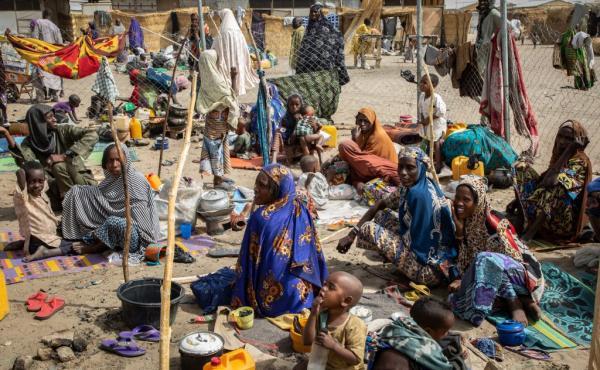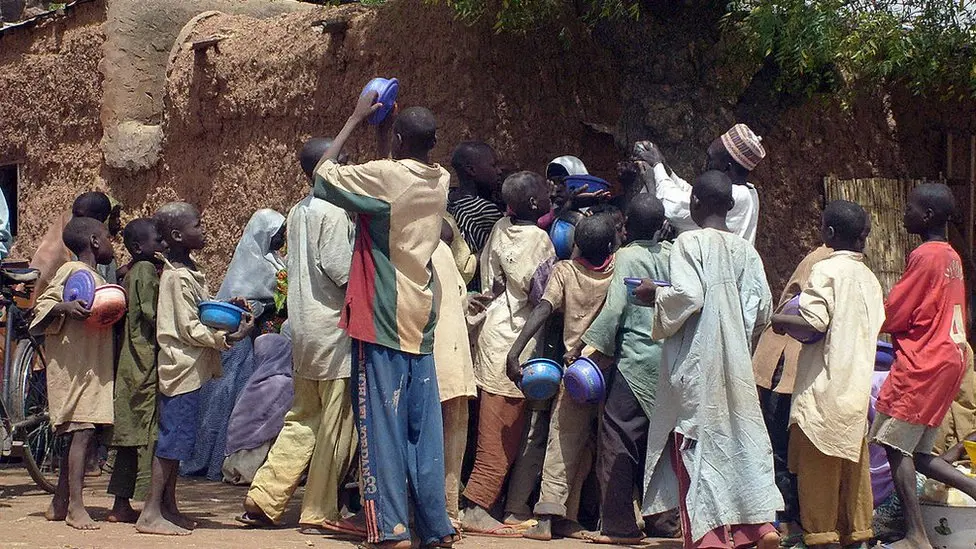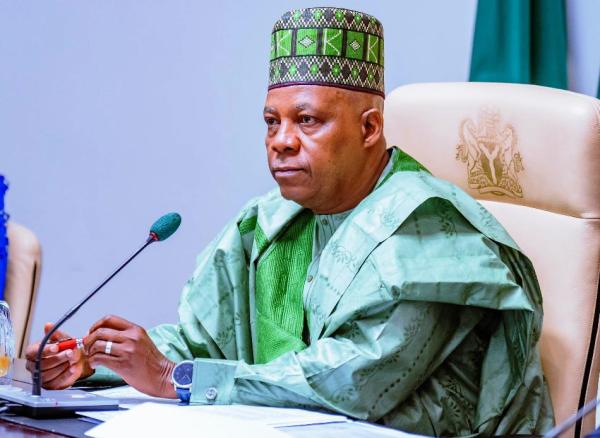
The United Nations says Nigeria has risen to the challenge and taken action to realise the UN Secretary-General’s Action Agenda on internal displacement worldwide.
Spokesperson for the Secretary-General, Mr Stéphane Dujarric, outlined this during briefings on the UN high-level mission to Nigeria
Leaders from various UN agencies commended the Nigerian Government for its leadership in addressing internal displacement and called for more international engagement to ensure a long-term solution.
Officials from the International Organisation for Migration (IOM), the UN refugee agency (UNHCR) and UN Development Programme (UNDP) concluded a three-day joint high-level mission to Nigeria.
The UN officials met with politicians, traditional leaders, and representatives of the internally displaced in various regions.
“Nigeria’s experience shows a clear shift is taking place from humanitarian aid to self-reliance, from short-term response to long-term recovery,” UNHCR Assistant High Commissioner Raouf Mazou said.
“What makes Nigeria unique is its commitment to pairing public investment with private sector engagement.”
The officials noted that Nigeria has benefited from UN resources that provide assistance with state-level data, policy, and coordination structures.
Shoko Noda, UNDP crisis bureau director, added that “Nigeria has the potential to build a comprehensive model in support of solutions, one that can inspire similar progress in other displacement contexts.”
The team called on international financial institutions and development partners to scale up assistance for self-reliance and economic recovery.
IOM, through the Internal Displacement Solutions Fund initiative, is boosting government data and analysis capacity to drive durable solutions for displacement-affected communities in the Northeast and North Central Nigeria.
IOM handed over a furnished and equipped Solutions Data Centre to the Yobe State Emergency Management Agency.
The centre will strengthen government systems in data collection, processing, analysis and reporting, empowering evidence-based decision-making for sustainable recovery.






















